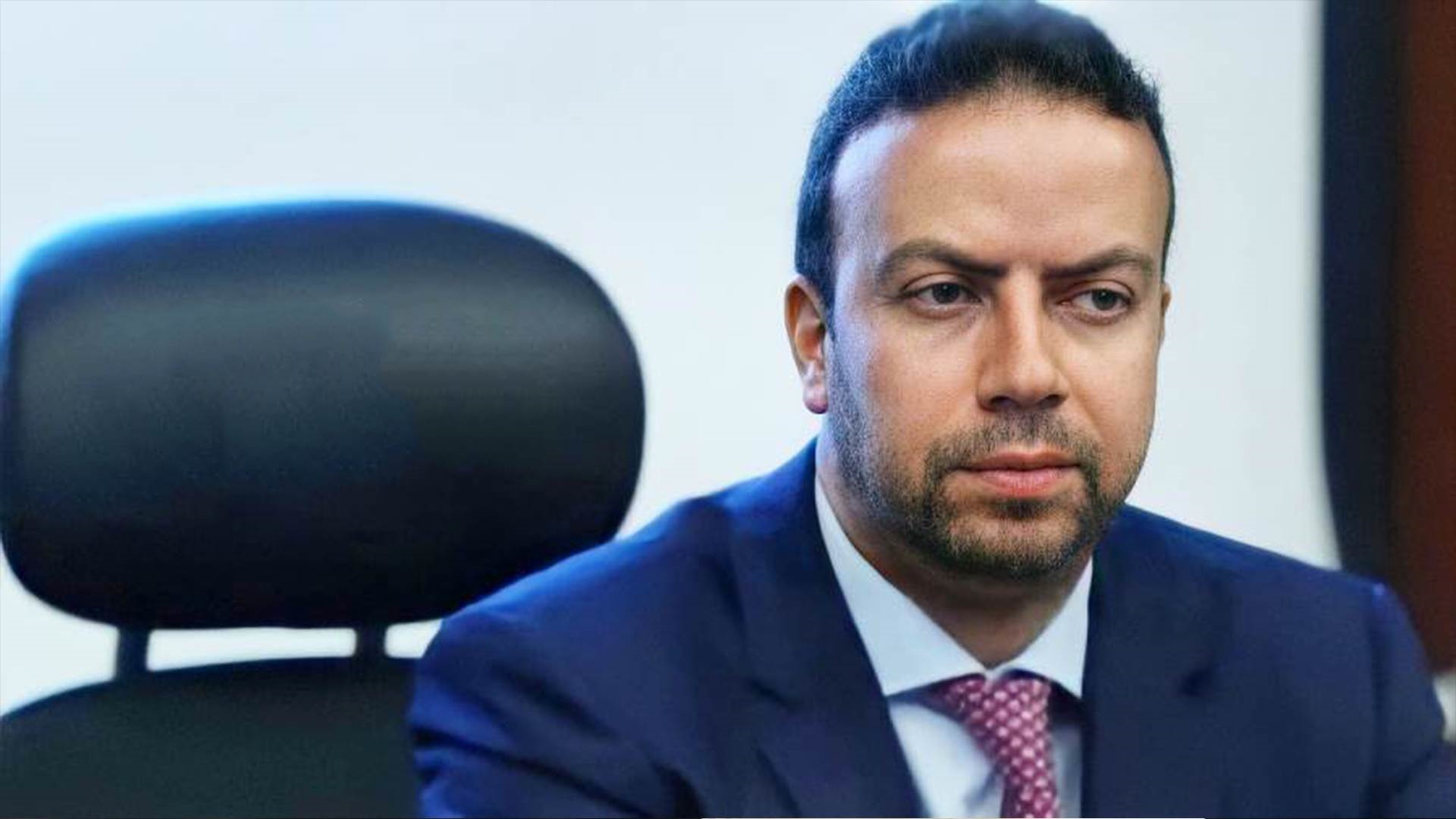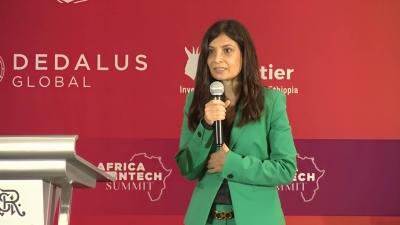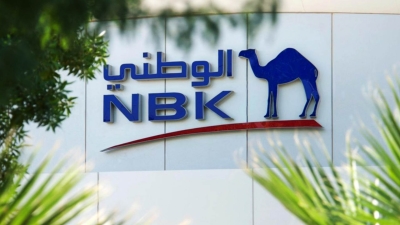CBE: 177 Fintech Startups Attract $800 Mn in Investments in 2022
First Bank

Rami Aboul Naga, Deputy Governor of the Central Bank of Egypt, announced that a report from the Financial Technology Perspective for 2022, issued by Fintech Egypt Initiative (affiliated with CBE), revealed an increase in the number of startups operating in this field to 177 companies, a fivefold increase over the past 5 years.
This statement was during his speech at Seamless North Africa Conference 2023, held yesterday under the auspices of CBE and Dr. Mostafa Madbouly, the Prime Minister.
Aboul Naga added that the report confirms the success of fintech startups in attracting investments of around $800 mn during the past year, indicating that fintech remains a top priority for investors despite current global disruptions.
Aboul Naga emphasized that the Central Bank of Egypt is diligently working to support and stimulate financial technology in the banking and financial sector. They have launched a promising strategy for financial technology and innovation aimed at transforming Egypt into a regional hub for fintech in Africa and the Middle East. Additionally, they are creating a legislative and regulatory environment to support and encourage digital transformation.
This includes CBE dedicating an entire chapter to the legislation on electronic payment systems and financial technology in Law No. 194 for the year 2020 concerning the Central Bank and the banking sector.
Aboul Naga further stated that financial technology plays a vital role in achieving sustainable economic development, as it has the capacity to achieve many key objectives such as the transition to digital economies, expanding financial inclusion rates, and contributing to the development of small, medium, and micro-enterprises. This is achieved through the transformation to a concept of digital banking and finance based on identifying and analyzing customer needs, reducing the cost of financial services, improving their quality, and providing more flexible financing services, especially targeting customers in underserved remote areas.













